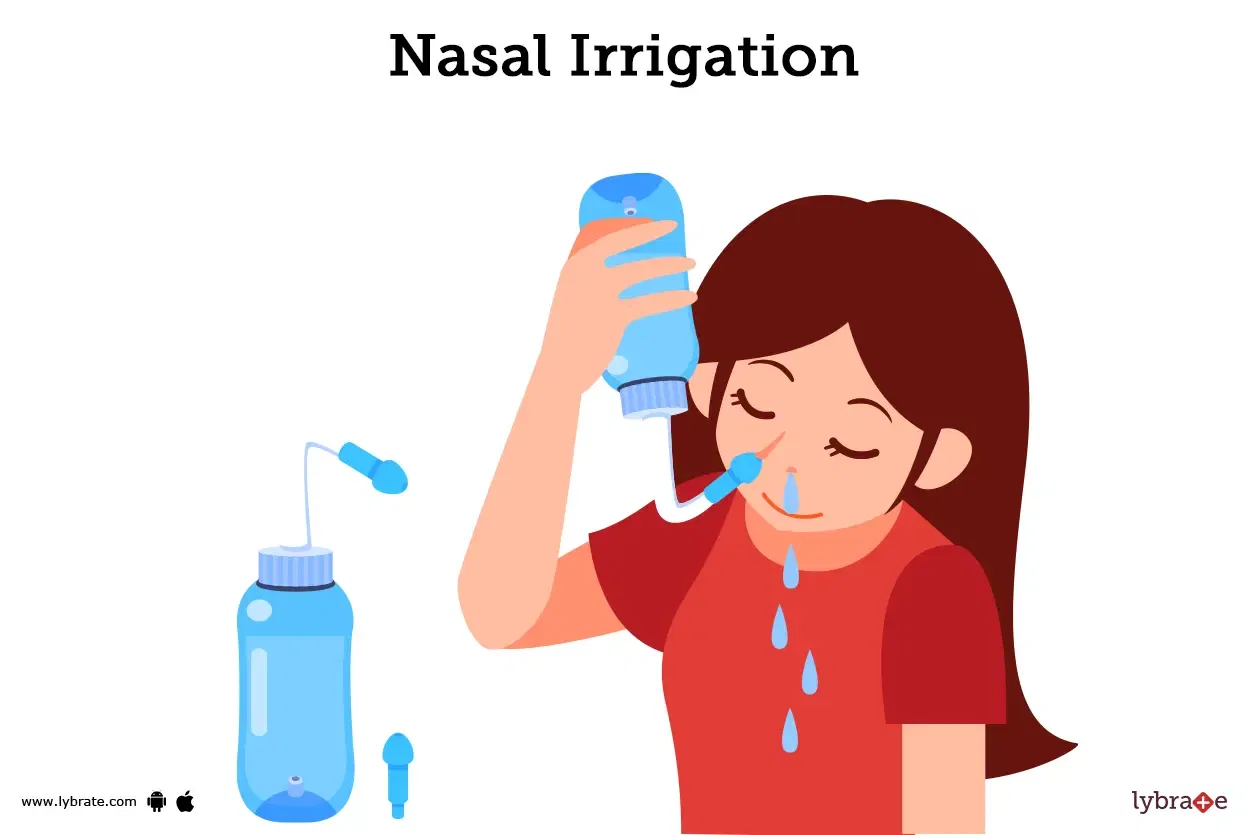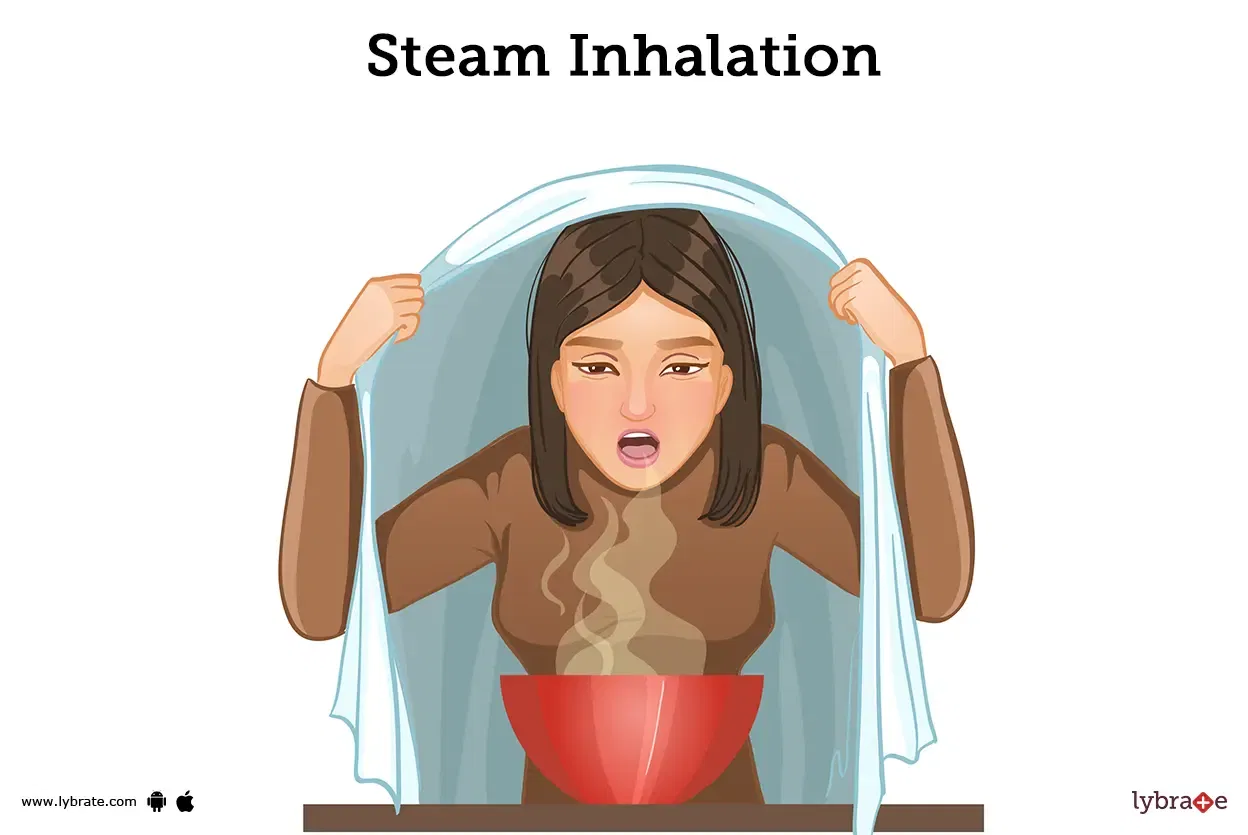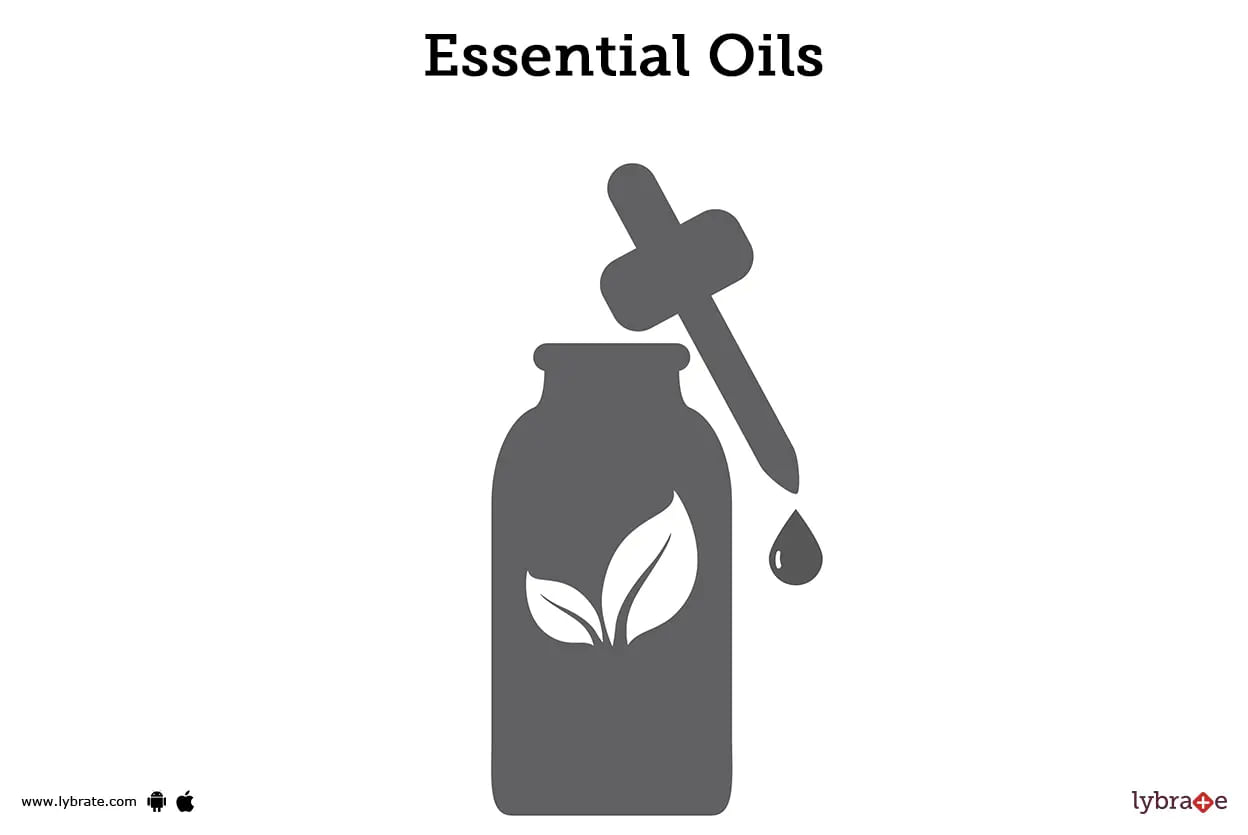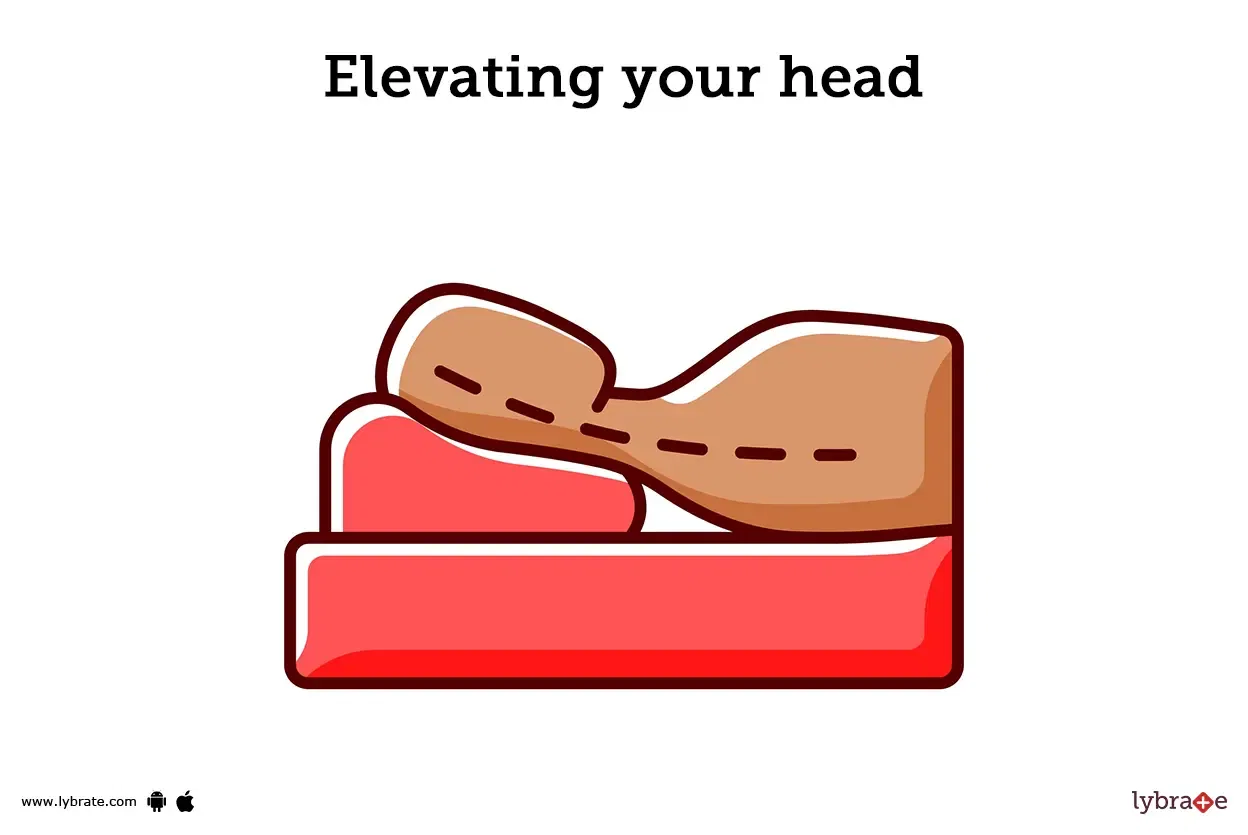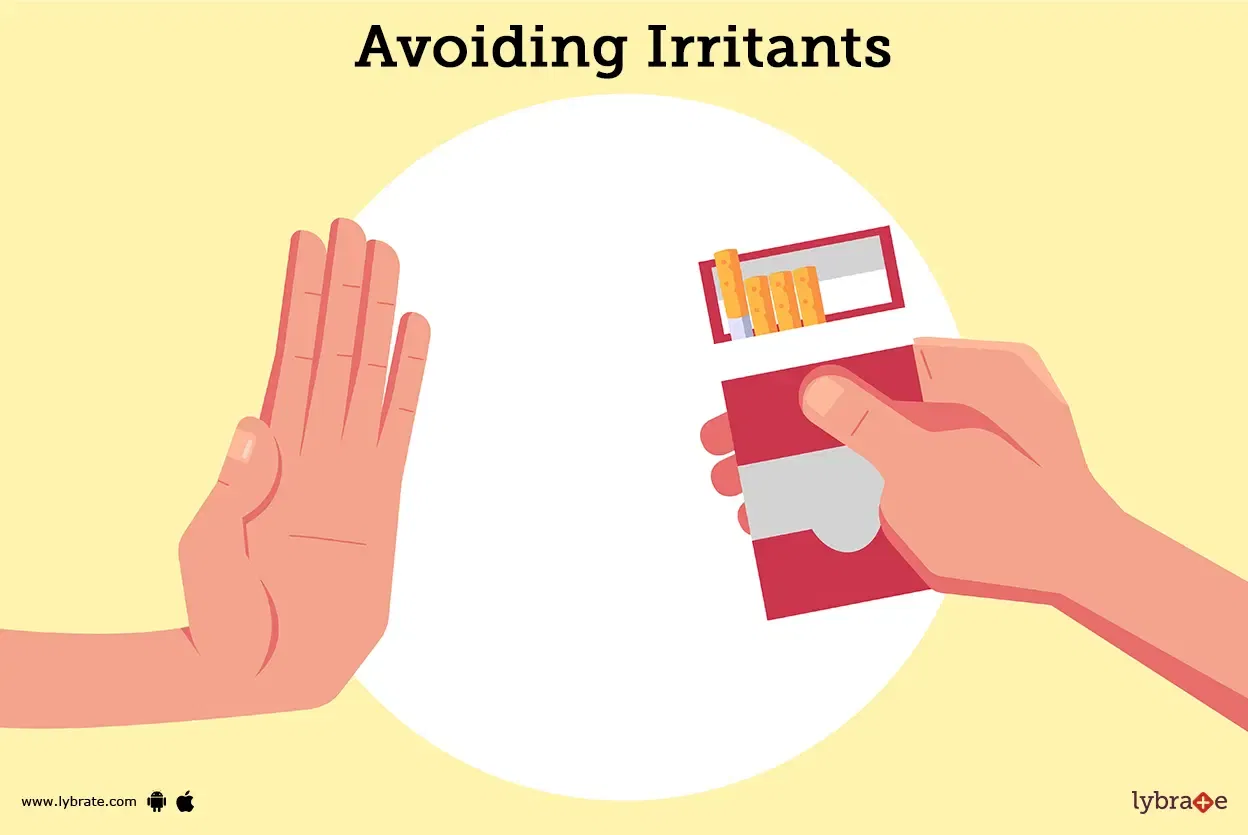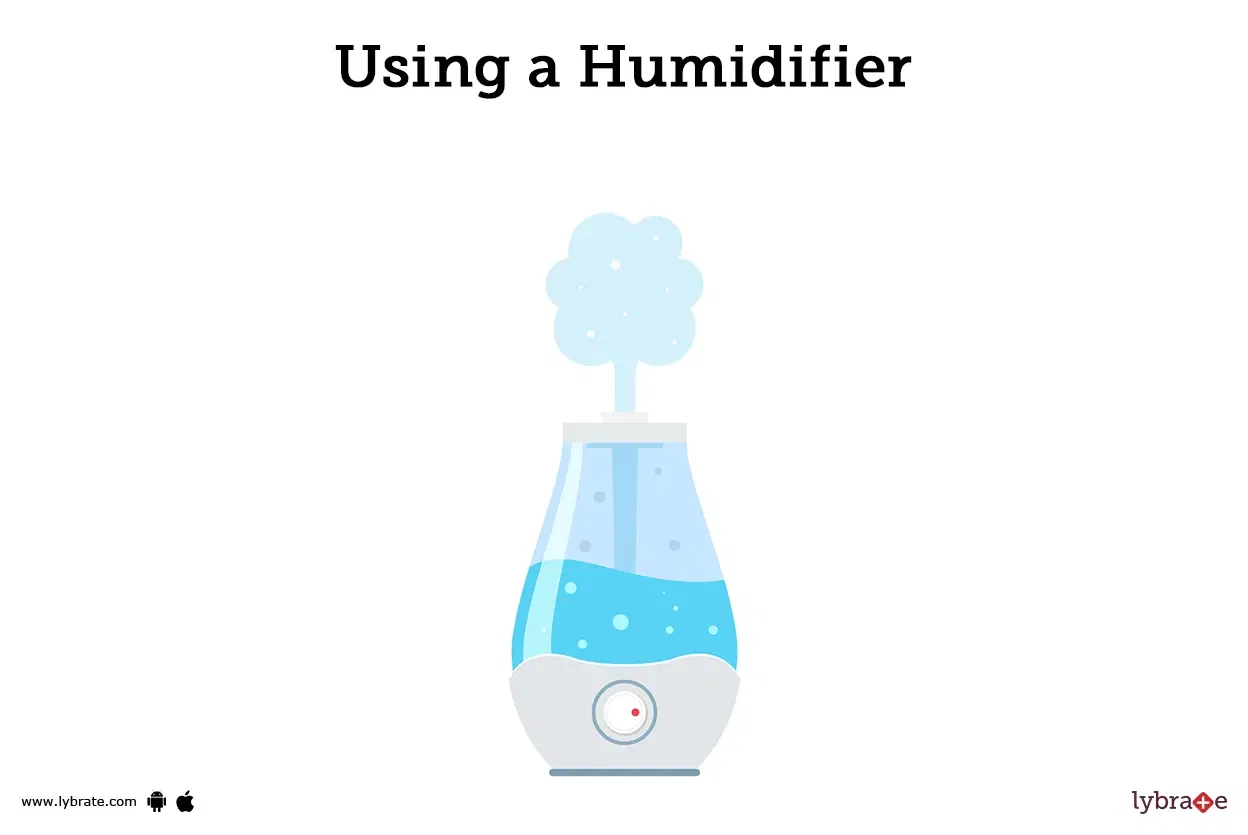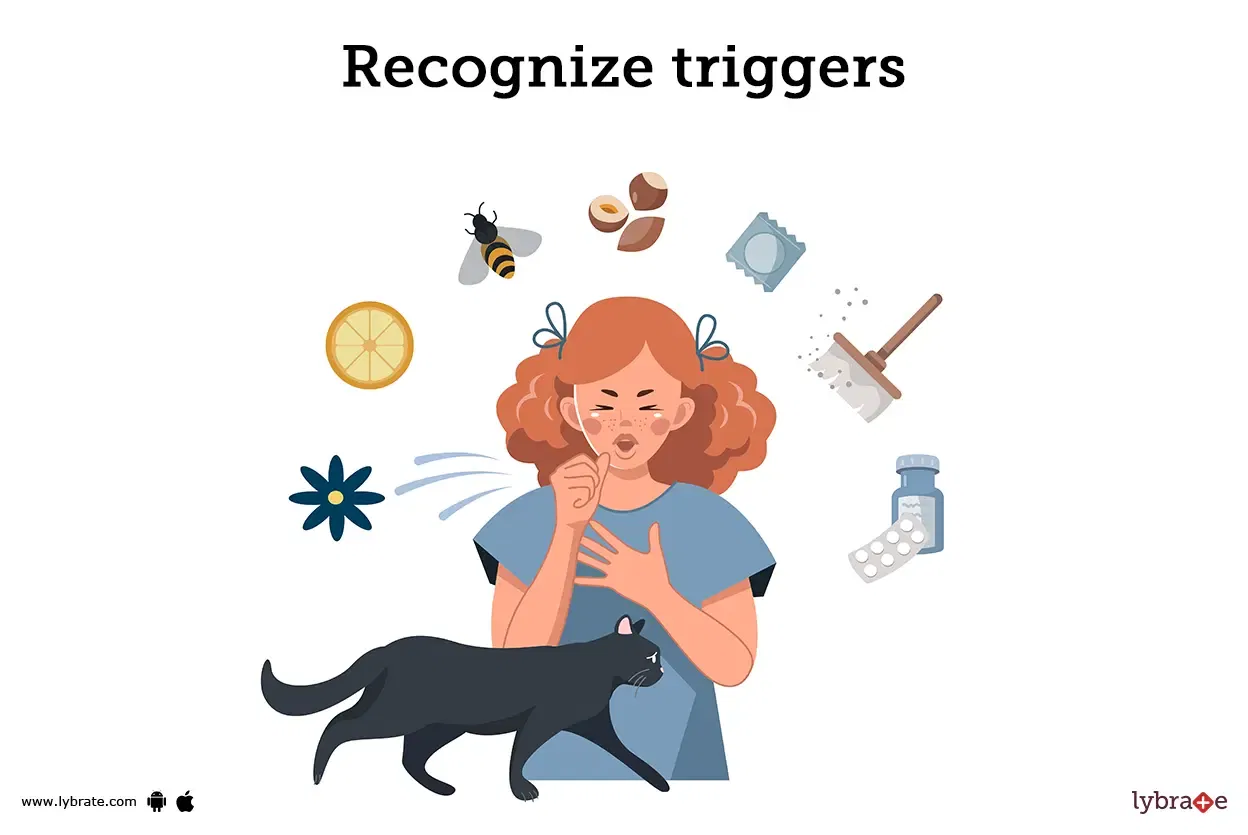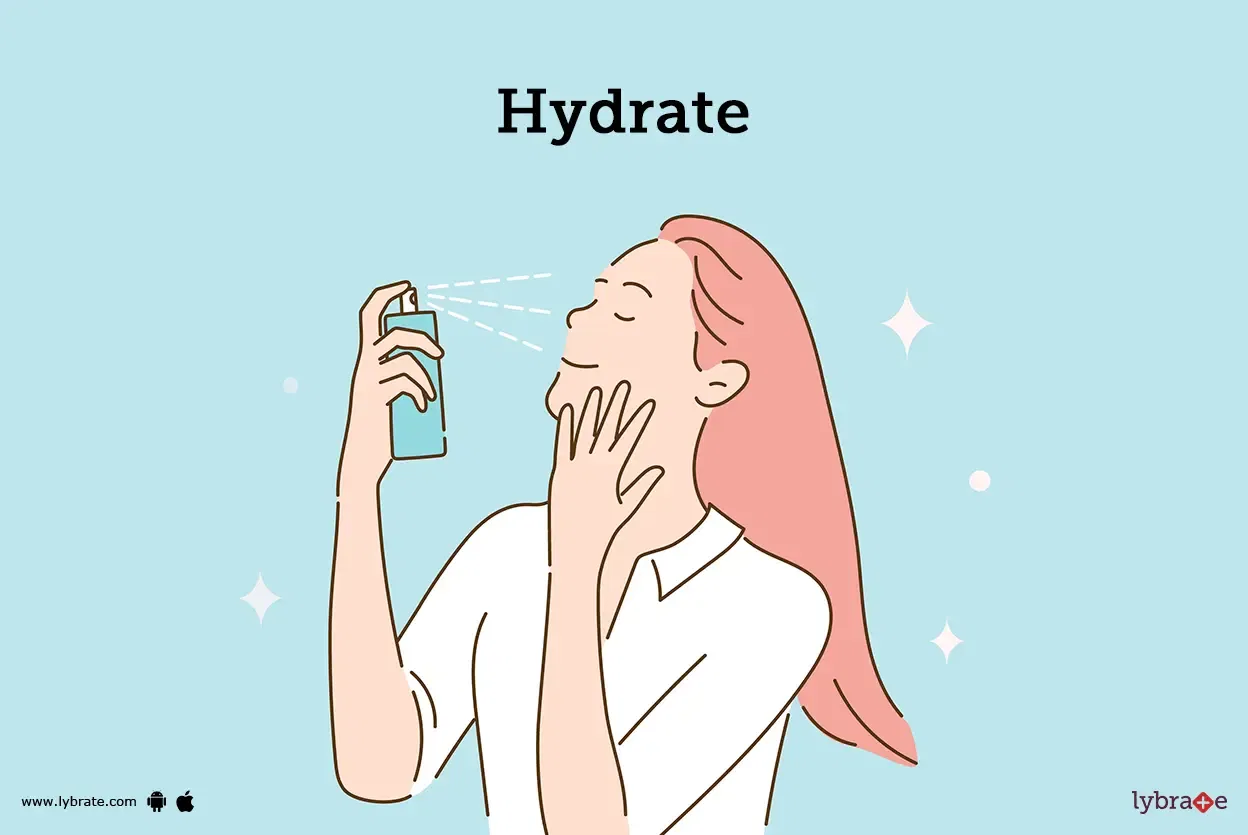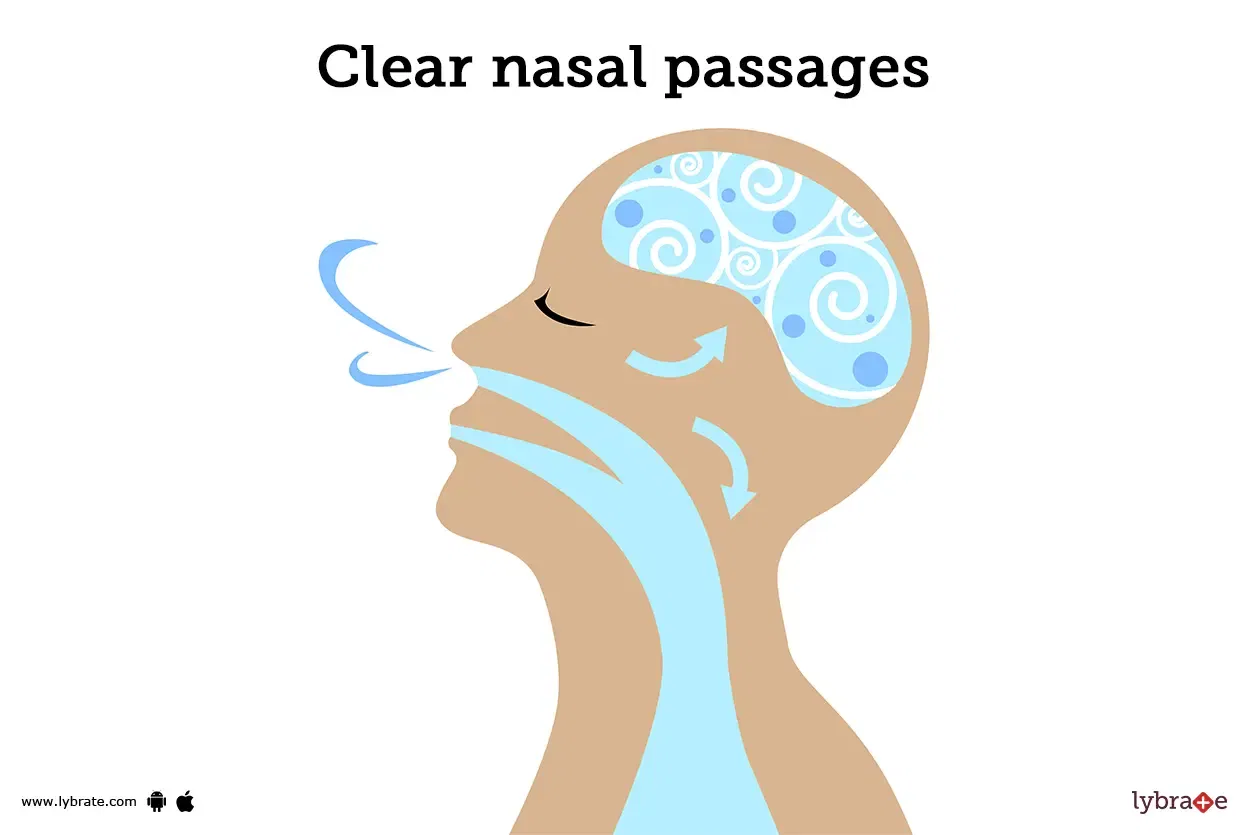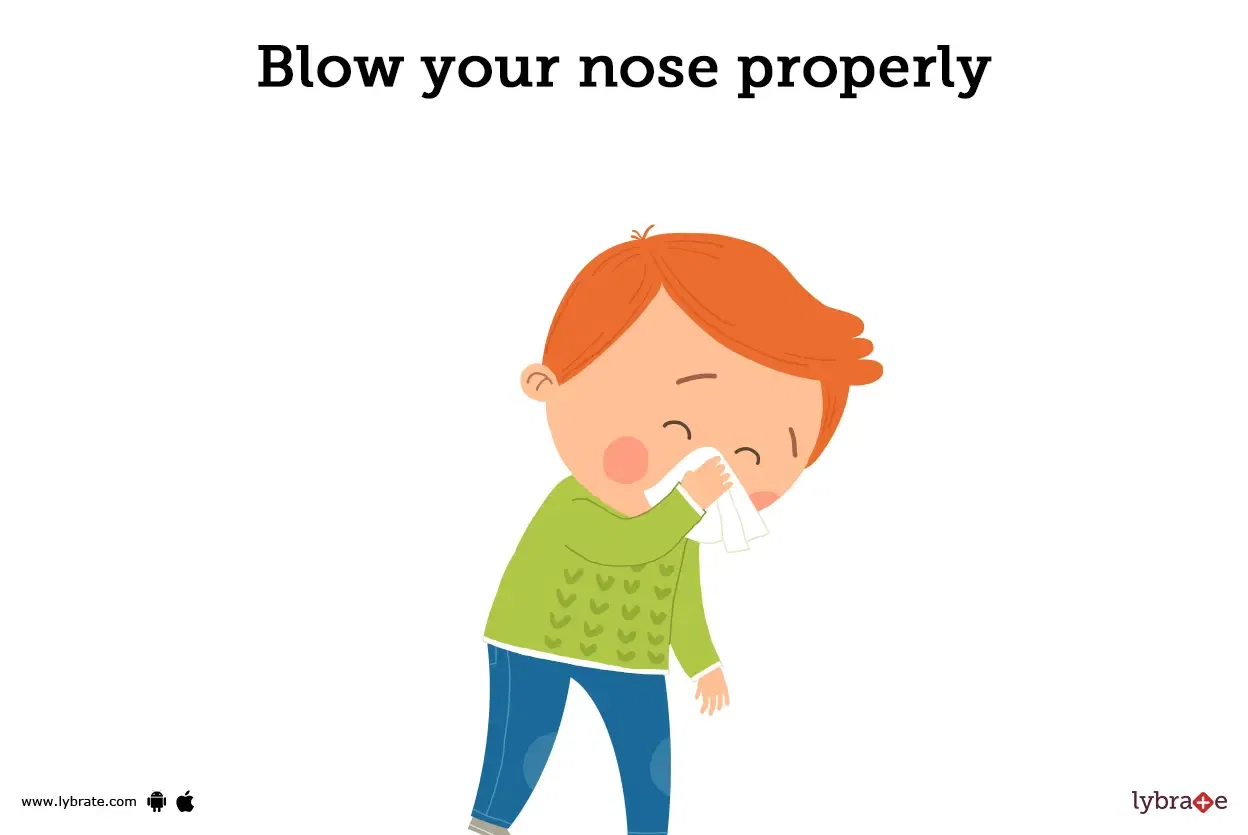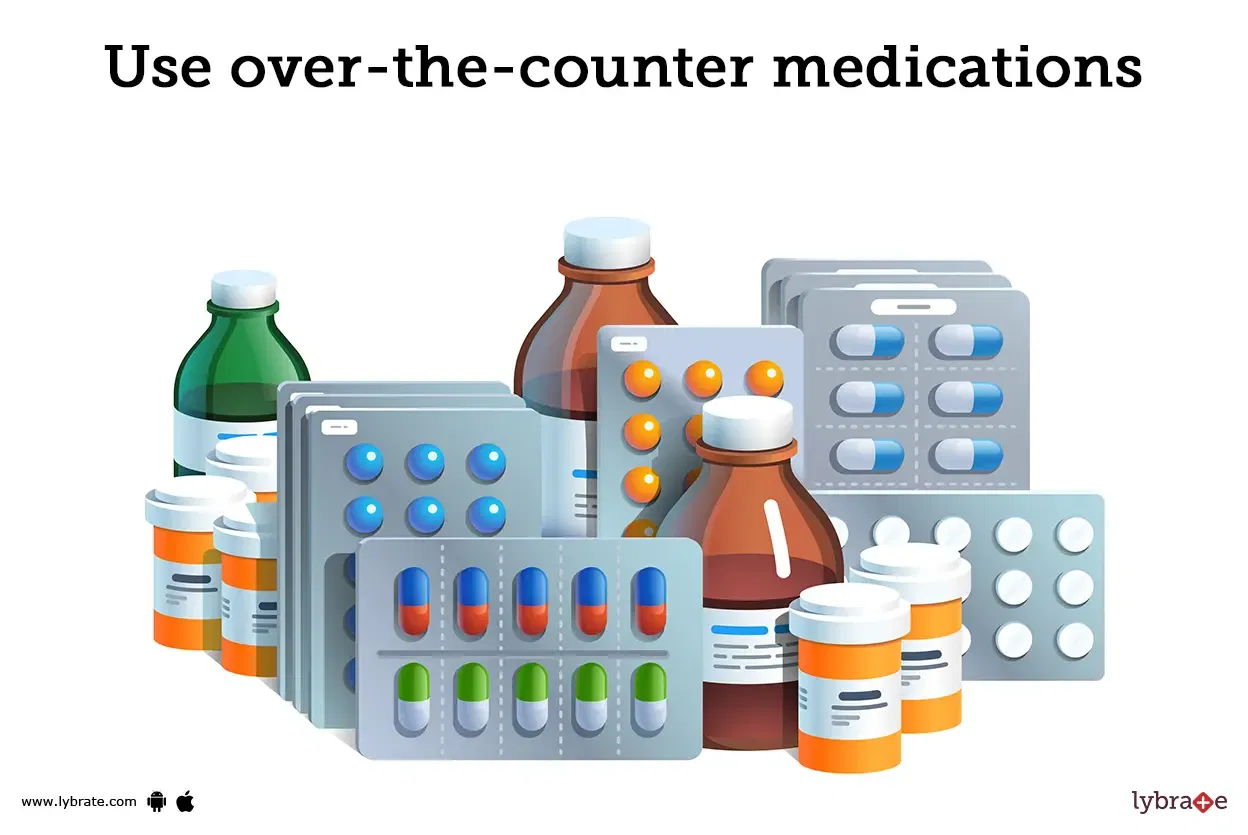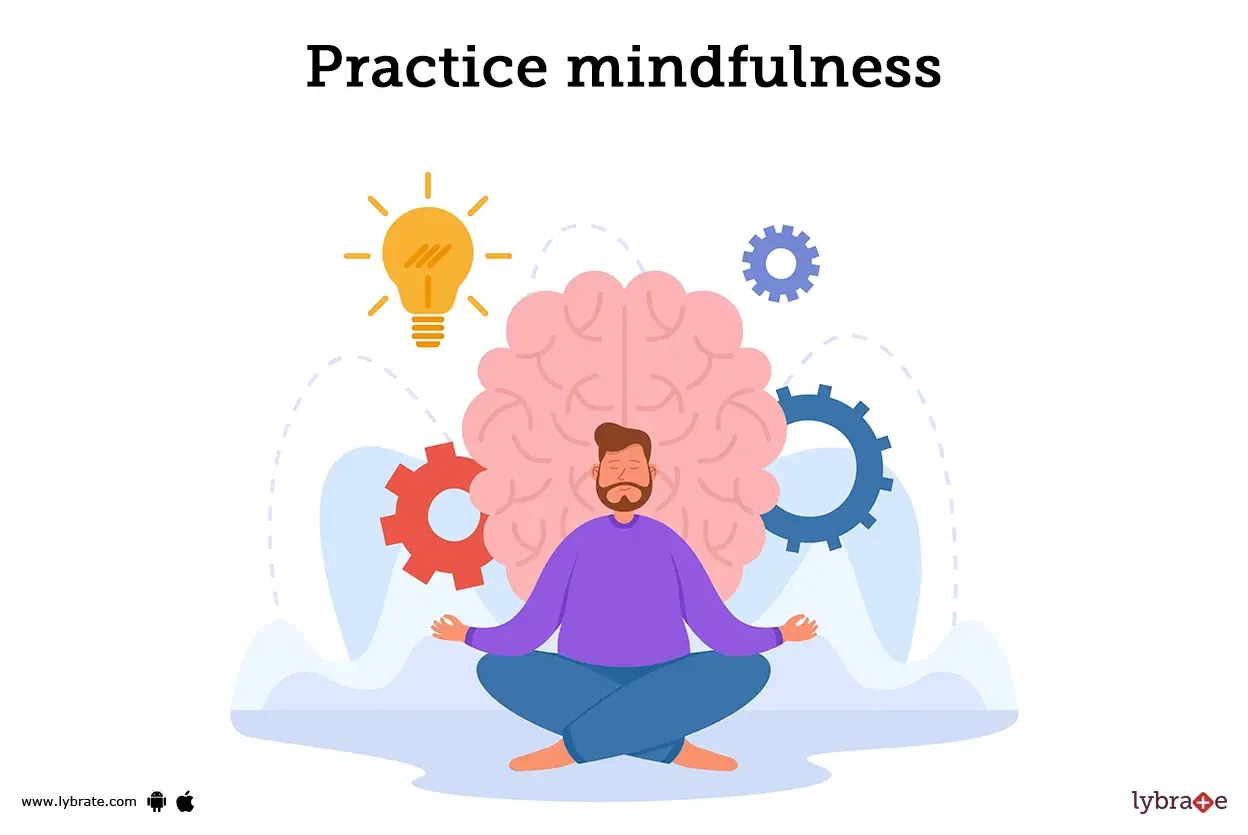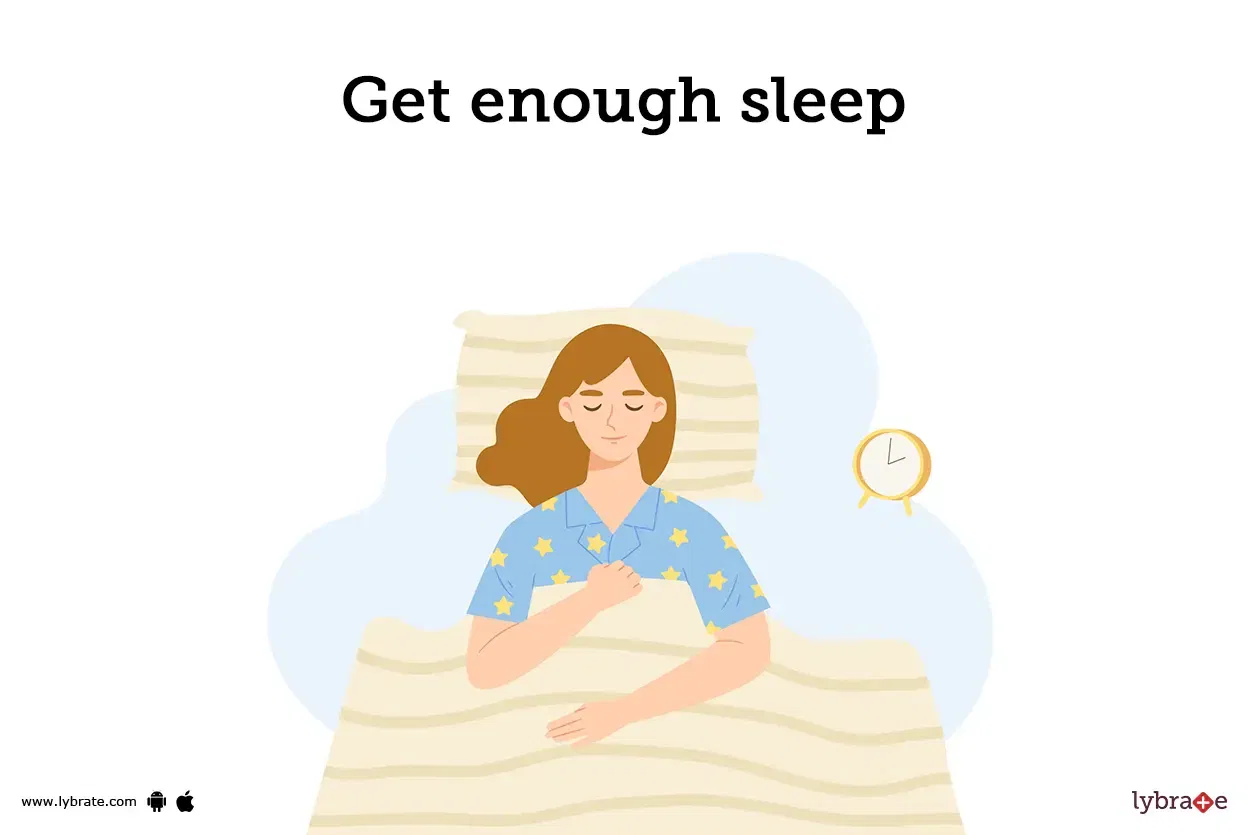Breathe Easy: Mindful Solutions for Managing Runny Nose
A runny nose, also known as rhinorrhea, is a common condition that occurs when the nasal passages produce excessive amounts of mucus. This excess mucus can make it difficult to breathe, can cause a constant need to blow the nose, and can even make it difficult to sleep.
Runny nose is caused by a variety of factors including allergies, colds, and sinus infections. In some cases, it can also be caused by underlying medical conditions such as deviated septum, polyps, or even certain medications.
There are several ways to treat a runny nose, including over-the-counter medications such as decongestants and antihistamines, as well as home remedies such as nasal irrigation, steam inhalation and staying hydrated. A runny nose occasionally can be a sign of a more serious underlying problem, thus seeing a doctor is advised.
Part
1
Say Goodbye to Runny Nose with These 10 Simple Home Remedies
A runny nose isn’t usually a cause for concern but it can be a nuisance that affects our daily lives. Whether it's a result of allergies, a cold, or even the weather, a runny nose can make it difficult to breathe and get a good night's sleep.
Luckily, there are several natural and easy-to-find remedies that can help alleviate symptoms and get you back to feeling like yourself again.
From herbal teas to essential oils, these 10 home remedies are a great place to start if you're looking for a more natural way to manage your runny nose.
1
Staying Hydrated
Drinking plenty of water and other fluids will help to thin out mucus and keep it flowing, making it easier to blow your nose and breathe. Warm beverages, such as tea with honey, can also help to ease a sore throat and clear congestion.
2
Nasal Irrigation
In order to clear the nasal passages and lessen congestion, this method entails applying a saline solution. A bulb syringe, saline spray, or even a neti pot can be used for nasal irrigation.
3
Steam Inhalation
This can be done by taking a hot shower, sitting in a steamy bathroom, or using a humidifier. For added comfort, you can also add essential oils to the water, such eucalyptus or peppermint.
4
Essential Oils
Using essential oils such as peppermint, eucalyptus, and menthol can also be applied topically on the chest, back, and under the nose to help open up the airways and relieve congestion.
5
Eating Spicy Foods
Spicy foods such as chili peppers, horseradish, and wasabi contain compounds that can help to open up the nasal passages and reduce congestion.
6
Elevating your head
When you sleep, elevate your head with an extra pillow to help keep the mucus flowing and reduce congestion.
7
Avoiding Irritants
Avoiding known irritants such as cigarette smoke, strong odors and chemical fumes can help to reduce inflammation and irritation in the nasal passages.
8
Using a Humidifier
By introducing moisture to the air in your bedroom, a humidifier can help to relieve dry nasal passages and congestion.
Blowing your nose properly: Blowing your nose properly can help to remove mucus from the nasal passages, reducing congestion and making it easier to breathe.
9
Taking Over-the-counter Medications
Over-the-counter medications such as decongestants and antihistamines can help to ease runny nose symptoms by reducing inflammation. However, it is important to consult a doctor before taking any medication, especially if you have other underlying medical conditions or are pregnant or breastfeeding.
Part
2
Navigating Runny Nose and Allergies: Tips and Tricks
Allergies and a runny nose often go hand in hand, making it difficult to determine the cause of your symptoms. When dealing with a runny nose caused by an allergy, it is important to understand the underlying cause of the issue and address it accordingly. One of the first steps in addressing a runny nose due to an allergy is to identify and avoid the allergen that is causing the problem. This can be done by keeping a symptom diary, consulting with an allergist, or undergoing allergy testing.
Once the allergen has been identified, it is critical to take precautions to limit exposure. This may include using air filters in the home, keeping windows closed during allergy season, and avoiding outdoor activities during times of high pollen count.
In addition to avoiding the allergen, there are several over-the-counter and prescription medications that can be used to alleviate symptoms of a runny nose caused by an allergy. These include;
- Antihistamines
- Decongestants
- Nasal sprays
Saline irrigation of the nasal passages, which can assist to lessen inflammation and clear mucus, is known as nasal irrigation. Nasal corticosteroids are a type of medication that are applied directly to the nasal passages, where they work to reduce inflammation and relieve symptoms.
Part
3
Coping with a Runny Nose: Mindful Strategies for Managing Symptoms
A runny nose can be more than just an inconvenience - it can also have a significant impact on your daily life. In this article, we'll take a holistic approach to managing symptoms, including not just physical remedies, but also strategies for coping with the emotional and mental effects of a runny nose.
1
Recognize triggers
Keep track of when your runny nose occurs and try to identify any potential triggers, such as certain foods, pollen, or dust. You can take precautions to prevent or reduce exposure to certain triggers if you are aware of what causes your symptoms.
2
Hydrate
This will assist to thin any mucus in your nose and make it easier to blow it. Make an effort to drink eight glasses of water each day.
3
Clear nasal passages
Use a saline nasal spray or irrigation to help clear mucus from your nasal passages. A humidifier can also be used to increase humidity in the air, which can lessen dryness and irritation.
4
Blow your nose properly
When blowing your nose, do so gently to avoid irritation. Use a tissue and discard it immediately after use.
5
Use over-the-counter medications
Over-the-counter decongestants, antihistamines, and nasal sprays can help to reduce symptoms of a runny nose. Do not use these medications for longer than a few days at a time, and be careful to adhere to the label's directions.
6
Practice mindfulness
Practice mindfulness by attempting to stay present in the moment and pay attention to how your body is feeling. This can help to reduce stress and anxiety, which can exacerbate symptoms of a runny nose.
7
Stay active
Regular exercise can help to improve overall health and boost the immune system, which can help to reduce the frequency and severity of a runny nose.
8
Get enough sleep
For the body to heal and regenerate, aim for at least seven to eight hours of sleep each night.
9
Consult with a doctor
If your symptoms persist despite trying these strategies, or if you have other health concerns, it's a good idea to consult with a doctor to rule out any underlying conditions that may be contributing to your runny nose.
Part
4
Conclusion
A runny nose can be a frustrating and uncomfortable symptom, but there are several effective strategies for managing it. By taking steps to address the underlying cause, such as an allergy, using over-the-counter medications, staying hydrated, and using mindful techniques to manage stress, you can find relief from your symptoms and get back to your daily activities. It's important to remember that if your symptoms persist or worsen, it's always best to consult a healthcare professional for further advice.
Gurgaon!
Table of Content
Written and reviewed by
Hina Firdous
PhD (Pharmacology) Pursuing, M.Pharma (Pharmacology), B.Pharma - Certificate in Nutrition and Child Care
Ask a free question
Get FREE multiple opinions from Doctors


